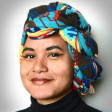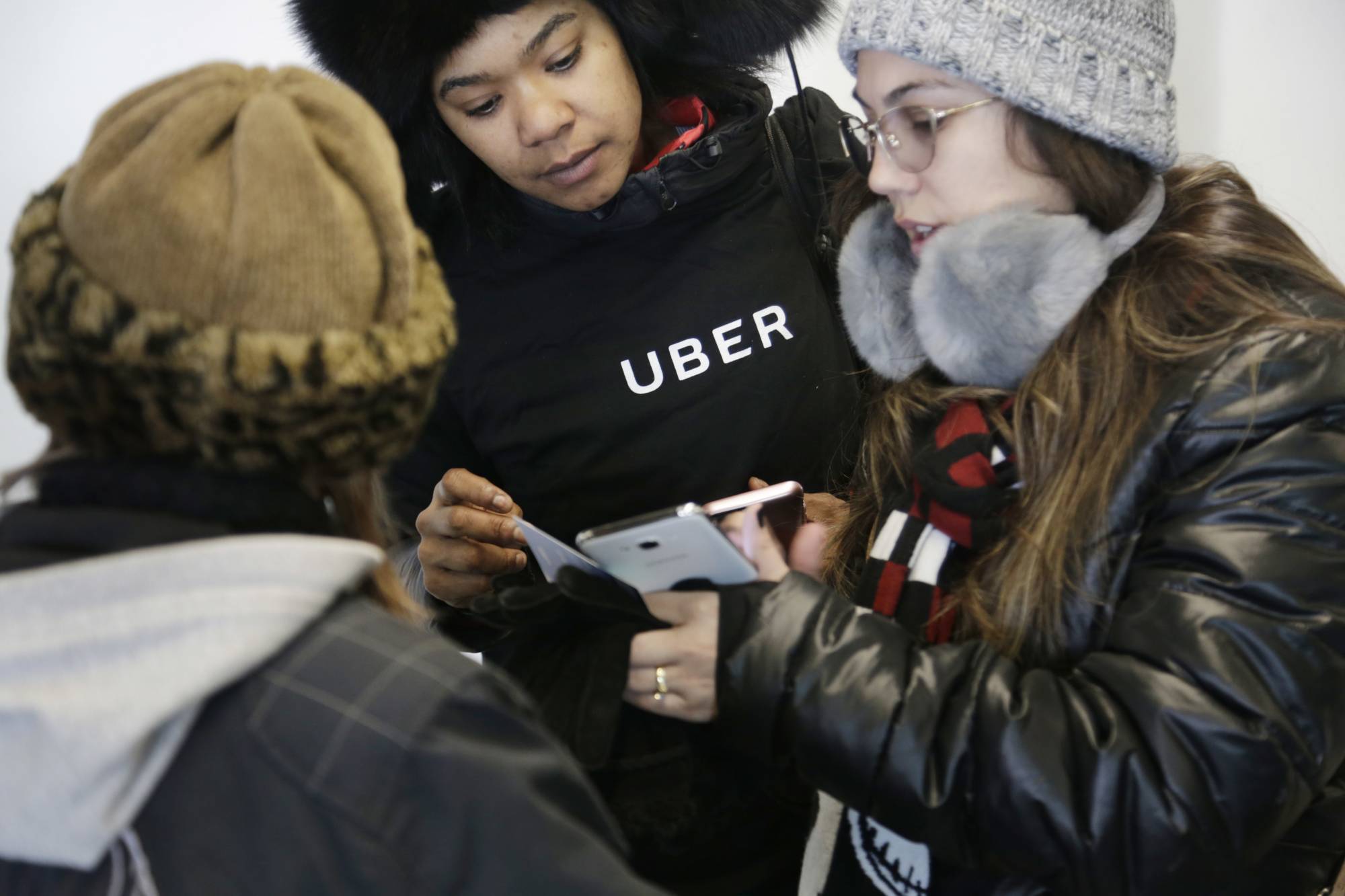WASHINGTON — Silicon Valley’s image has taken a public beating this year, from sexual harassment allegations, gender discrimination claims and studies finding a continued lack of racial diversity.
Despite what’s going on behind the scenes, shouldn’t the end products help with equality? Web consultant Sara Wachter-Boettcher, who is also author of the new book “Technically Wrong: Sexist Apps, Biased Algorithms, and Other Threats of Toxic Tech,” said it’s not that simple.
“You have to design it specifically with that in mind,” she told WTOP’s Dimitri Sotis.
Silicon Valley is “a narrow place in a lot of ways,” she said, referring to its chronic struggle with diversity. A 2014 report from the U.S. Equal Employment Opportunity Commission found that black people represented around 7 percent of the high tech workforce and Hispanic people represented around 8 percent. Women workers had around 36 percent representation.
And while Asians are likely to be hired in tech, Wachter-Boettcher said, they’re less likely to be promoted, citing a recent study from nonprofit organization Ascend.
“When you look at the sort of narrowness at the people who work there and you look at the way that they aren’t necessarily thinking about people who aren’t like them when they’re designing technology products, what you see happening is that technology can even make some of those divides bigger instead of taking them away,” she said.
It’s in the seemingly small aspects of tech that can really fail consumers, Wachter-Boettcher pointed out. For instance, apps and sites largely still offer only male or female as gender options on forms, excluding a wide variety of gender expressions.
“That’s problematic in a lot of ways, one of them being that most of the time, I don’t think that our tech companies actually need to be tracking gender information the way that they do,” Wachter-Boettcher said.
“Even when they do need that information for some reason, then we really do need to be inclusive of a wider range of identities and people because that’s just the reality of who’s using your products.”
Categories are hard to get away from entirely, Wachter-Boettcher said, especially when it comes to dating apps. For dating apps targeting the mass market, people who identify within the LGBT spectrum feel those apps don’t really reflect them well. But more apps are popping up to serve those communities.
Even something as simple as tracking health has led to exclusion. Wachter-Boettcher recalled when Apple first released its health-tracking app. While the Health app tracked different metrics such as sleep, nutrient intake and even blood alcohol contact, it did not track periods.
“It just had been ignored entirely,” she said.
And allegations of racism in certain app filters weren’t unfounded. Snapchat faced heat for their Bob Marley and anime-inspired filters, Wachter-Boettcher said, and FaceApp’s “Hot” filter based its data on a very narrow definition of attractiveness that prioritized lighter skin and European features.
“That’s a really massive problem. You start teaching systems to look at pictures of white people as being more attractive, and you’re just re-embedding the same kinds of racial biases we’ve had in the past into our future,” Wachter-Boettcher said.
These issues should not be thought of as specific to certain demographics. “I think everybody though, regardless of background, has had experiences where technology has felt like it’s been creepy and overreaching,” she added.
Issues of exclusion, location-tracking, data mining and more, all exist on a spectrum, Wachter-Boettcher explained, and they are all connected.
“They all come back to a tech industry that has been overstepping its bounds for a long time and hasn’t really gotten a lot of push back, and that push back is only just now getting started.”
For a complicated problem, Wachter-Boettcher said, there can’t be a “simplistic solution.” Some of her recommendations for Silicon Valley’s improvement include:
- More diversity that goes beyond just filling bodies on brochures. People of color should “not just get jobs there, but actually thrive there,” Wachter-Boettcher said. That means making sure people of color are also reaching the upper levels of a company and feeling empowered to speak out.
- Really valuing people from other backgrounds that aren’t necessarily technical, such as including people with a social science background. Wachter-Boettcher said the tech industry needs to look beyond computer scientists, who are “only one piece of what’s needed to build the kind of technology products that we’re seeing today, that have such complex implications on our political life, on our social lives, our emotional lives. We need people who understand all of those things, too.” But overall, she said, the industry needs “people who understand people.”
There needs to be a shift in priorities beyond user engagement that looks deeper into tech’s impact on people, Wachter-Boettcher emphasized, adding, “I think that there’s some reluctance to really seriously rethink how our technology is made and how it plays out in our everyday life.”
Sara Wachter-Boettcher is doing a book signing at East City Bookshop at 6:30 p.m. Wednesday, Oct. 11. Find more information here.
WTOP’s Dimitri Sotis contributed to this report.






